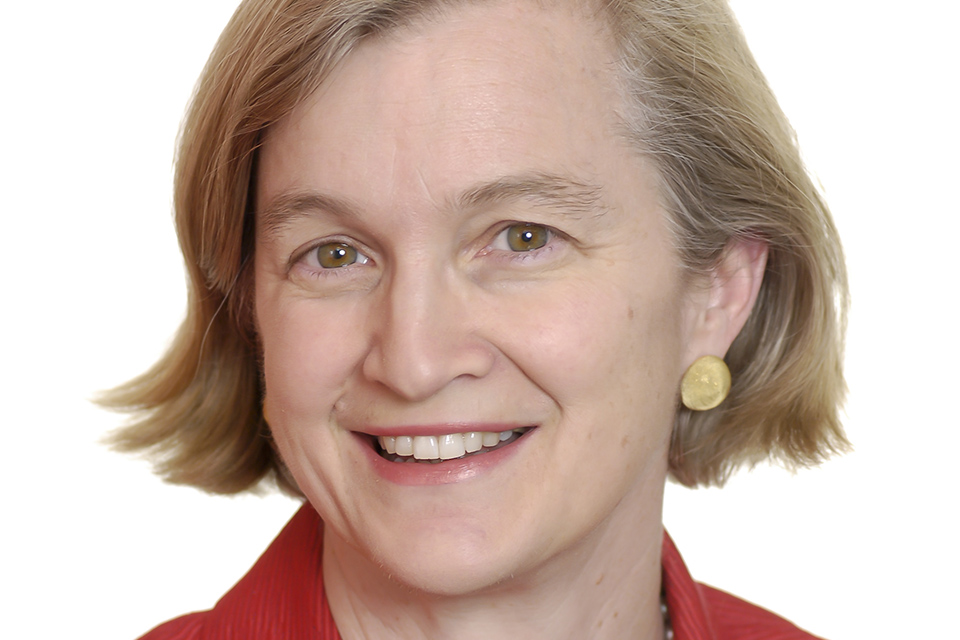Today Ofsted published its Annual Report. An initial review of it suggests no direct references to elective home education. However, and accompanying press release contained this comment, which compared to previous comments from Her Majesty’s Chief Inspector of Schools seems rather mild:
“Throughout the autumn, Ofsted has been also reporting concerns about the number of children who have not returned to school after lockdown and who are now ostensibly being home-educated. A recent survey of local authorities suggests there are now more than 75,000 children being home schooled – a 38% increase since last year. However, from Ofsted’s visits to schools, it appears many parents have removed their children because of their fears about COVID, rather than a genuine desire to home-school.”
This change of tone is welcome though home educators should not see it as change of heart by Amanda Spielman, just a response to the chaos in schools caused by the response to COVID-19.

Last year (2019) for example, Spielman gave a talk at the Wellington Festival of Education. The full text is available in full on Oftsed’s website. The following paragraphs are taken from a section on “British Values.” Previously she had made reference to “protests at some primary schools” without directly recognising that these on the whole have been led by concerned Muslim parents.
It is important to note the context of her comment that education is “also about socialisation…” This links directly with her later one that “the founders of the common school movement in the United States in the 19th century wanted to mould fine upstanding citizens of the Republic.” There to her and many others “socialisation” is not about if your children can make friends, but if they will go along with the crowd!
“More generally, in education we often talk about preparing young people for life in modern Britain. We certainly use the phrase a good deal at Ofsted. It runs through a lot of what we’re about as an organisation because it neatly encapsulates one of the important roles of education.
“Because education is about a lot of things. It’s about the acquisition of knowledge, for its own sake; it’s about the broadening of horizons through that knowledge; it’s about the development of the skills needed to make a success of adult life; it’s also about socialisation, encouraging harmony between different people; and it’s about the advancement of civilisation.
“Education pioneers across the world knew this as they began to formalise state education systems. The founders of the common school movement in the United States in the 19th century wanted to mould fine upstanding citizens of the Republic, as much as they wanted to instil knowledge and a habit of reading and learning. Preparing children for life in 19th century America, if you will.
“More recently, conversations with our Ofsted counterparts from France, Sweden and the Netherlands have showed us how the same debates are echoed in other countries.”
Emphasis added
Food for careful thought I hope!
